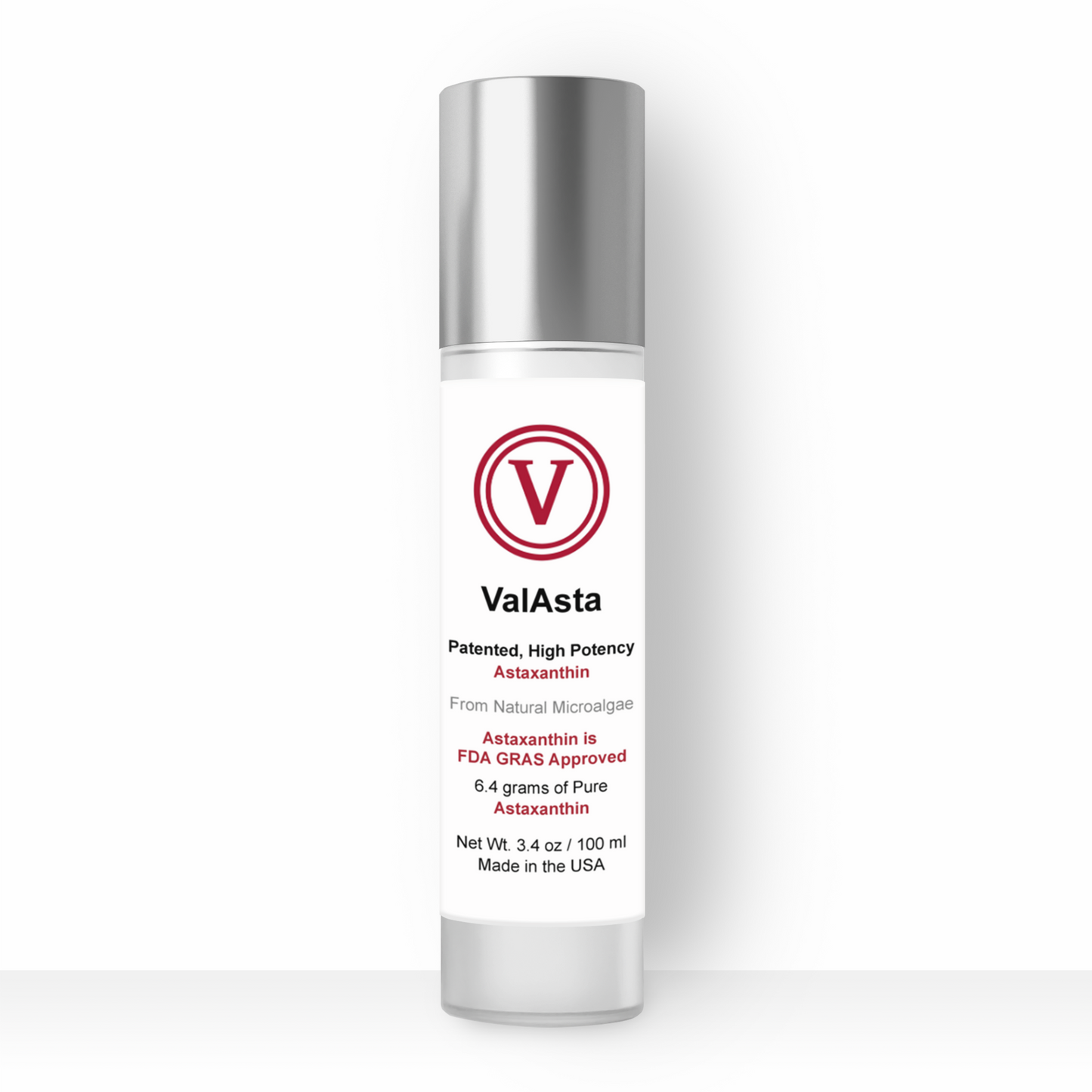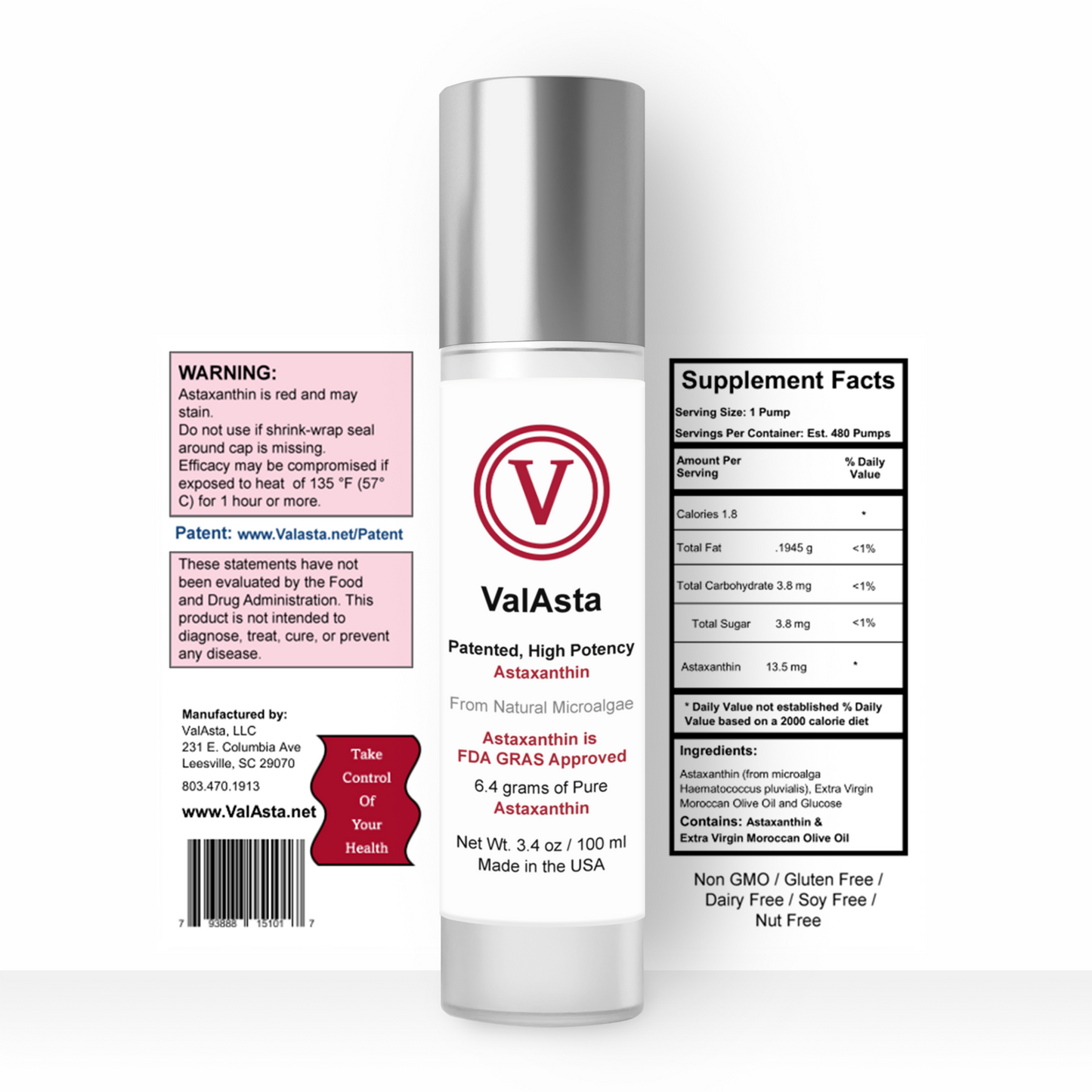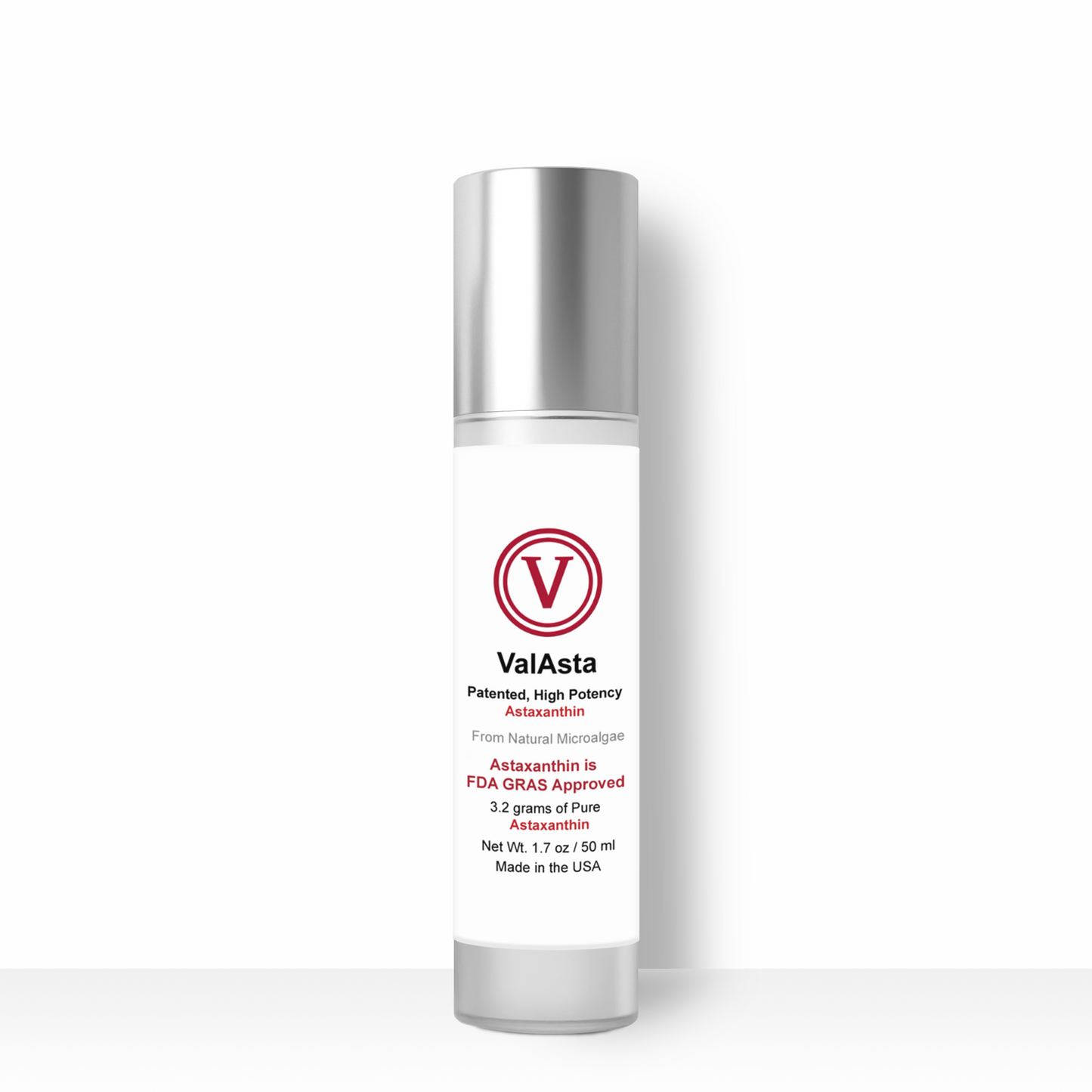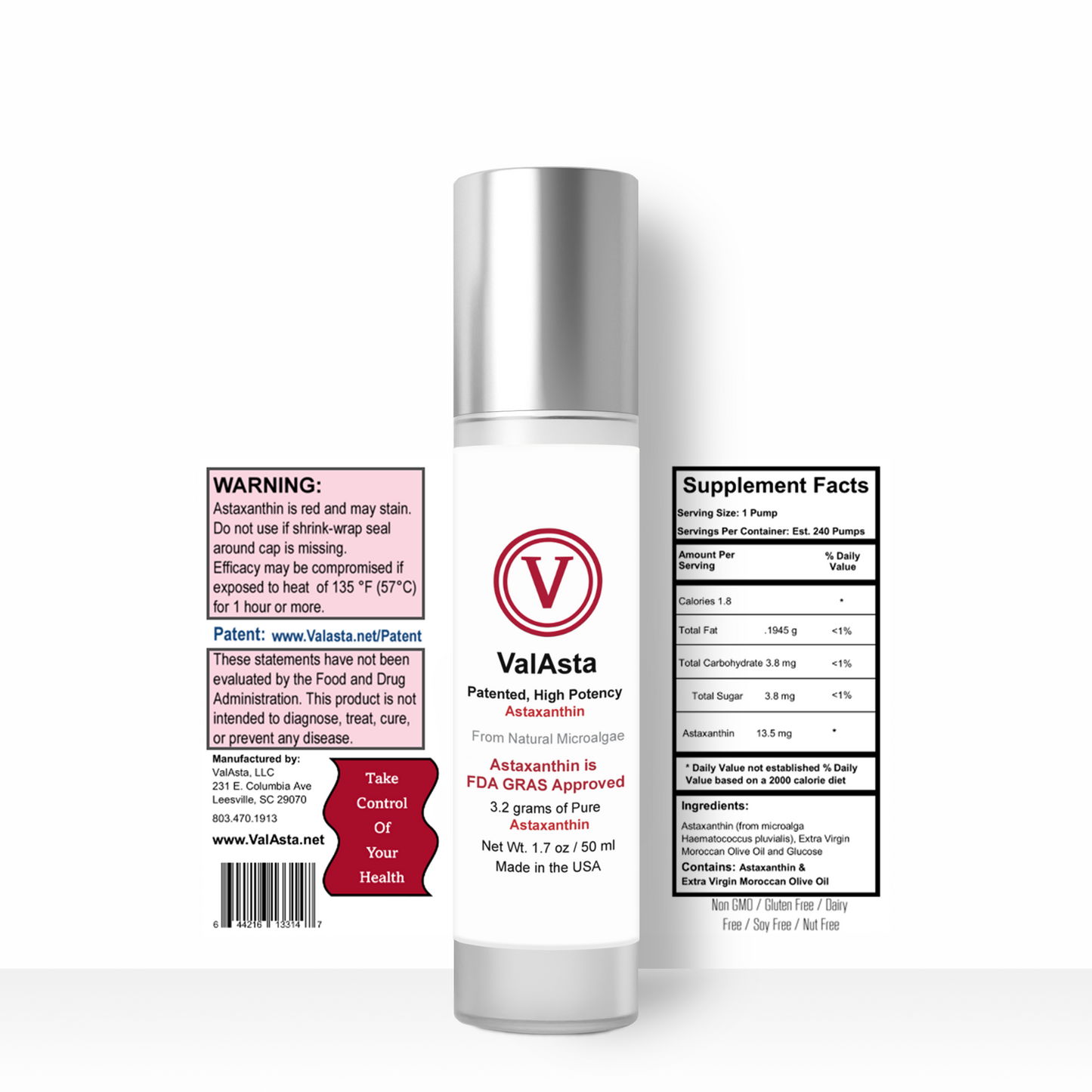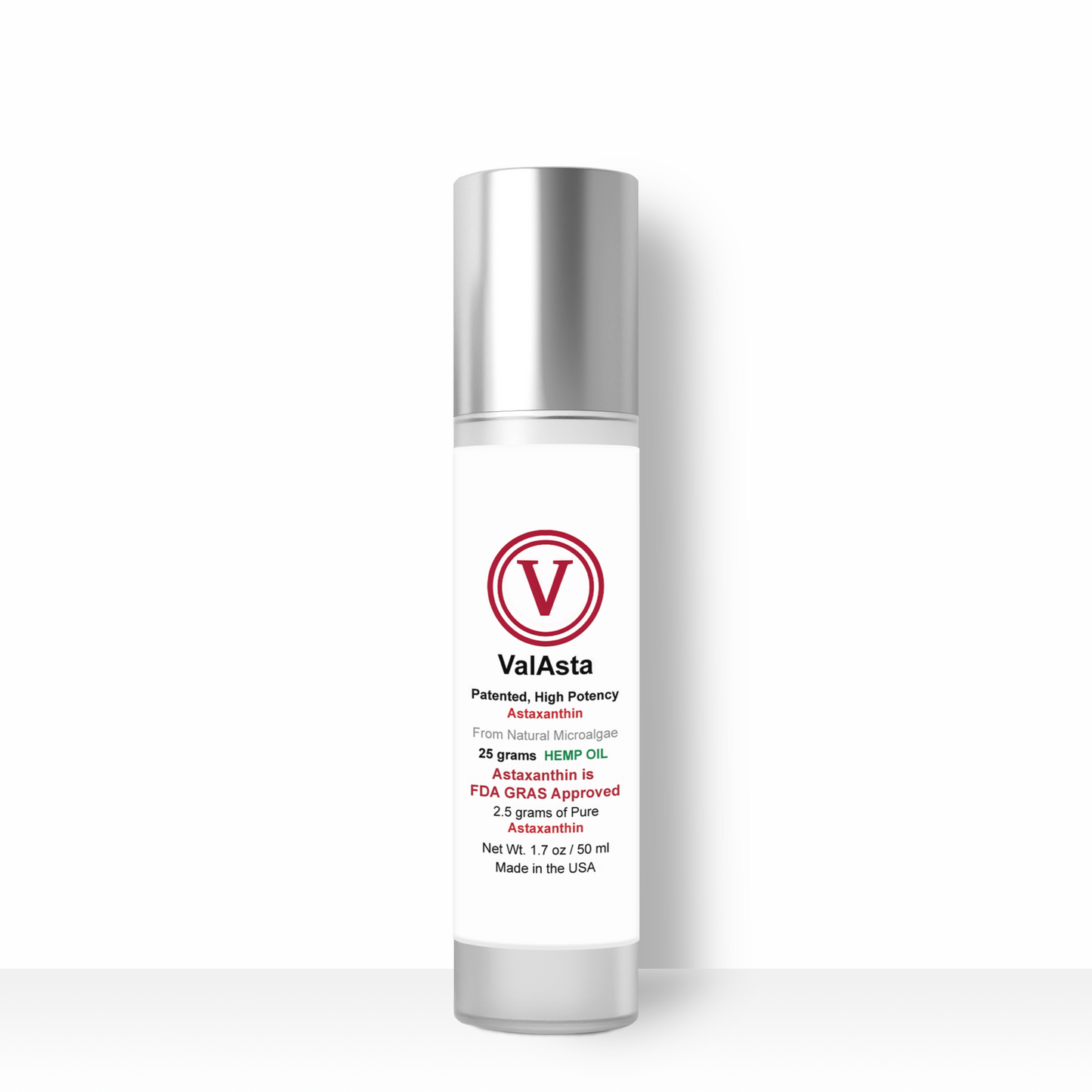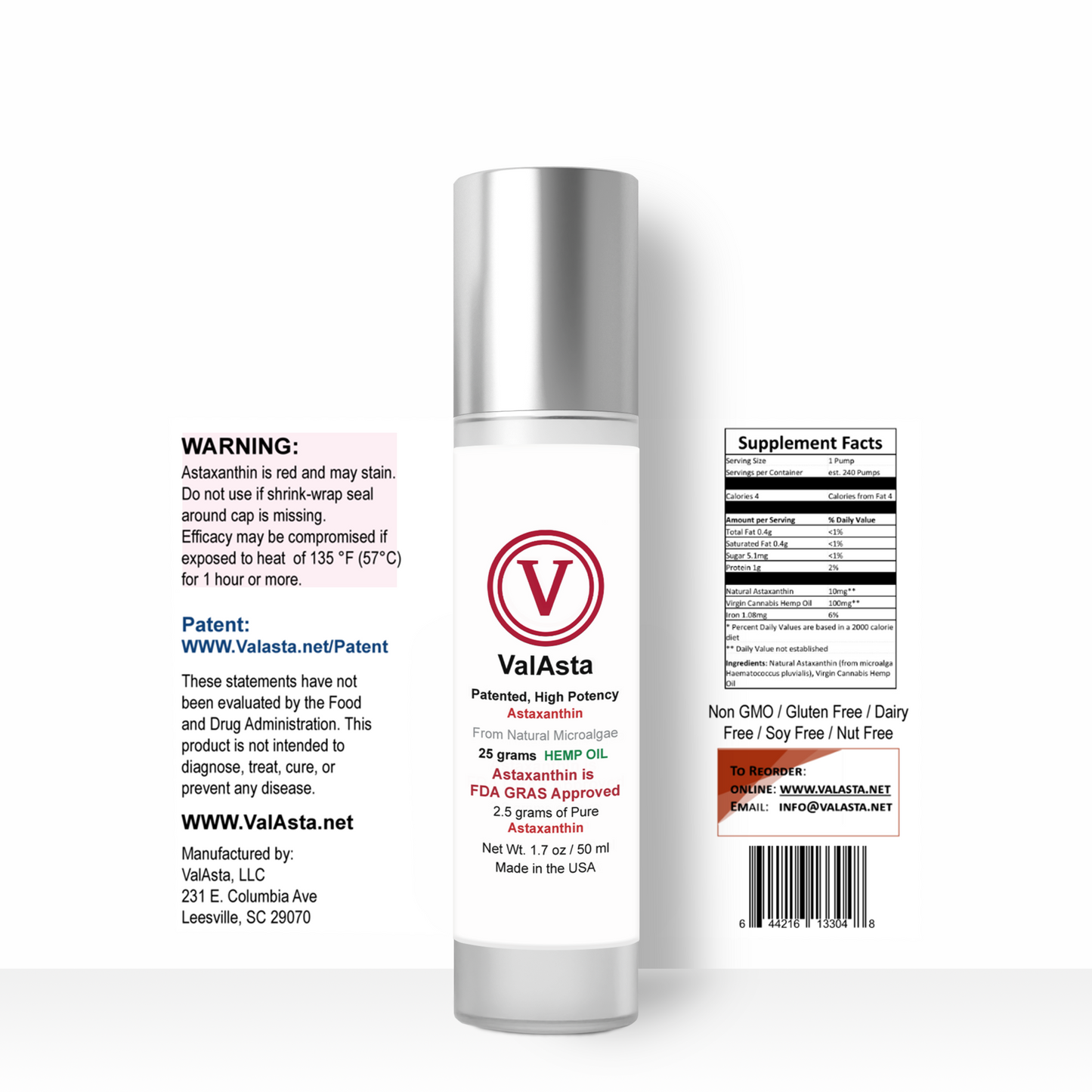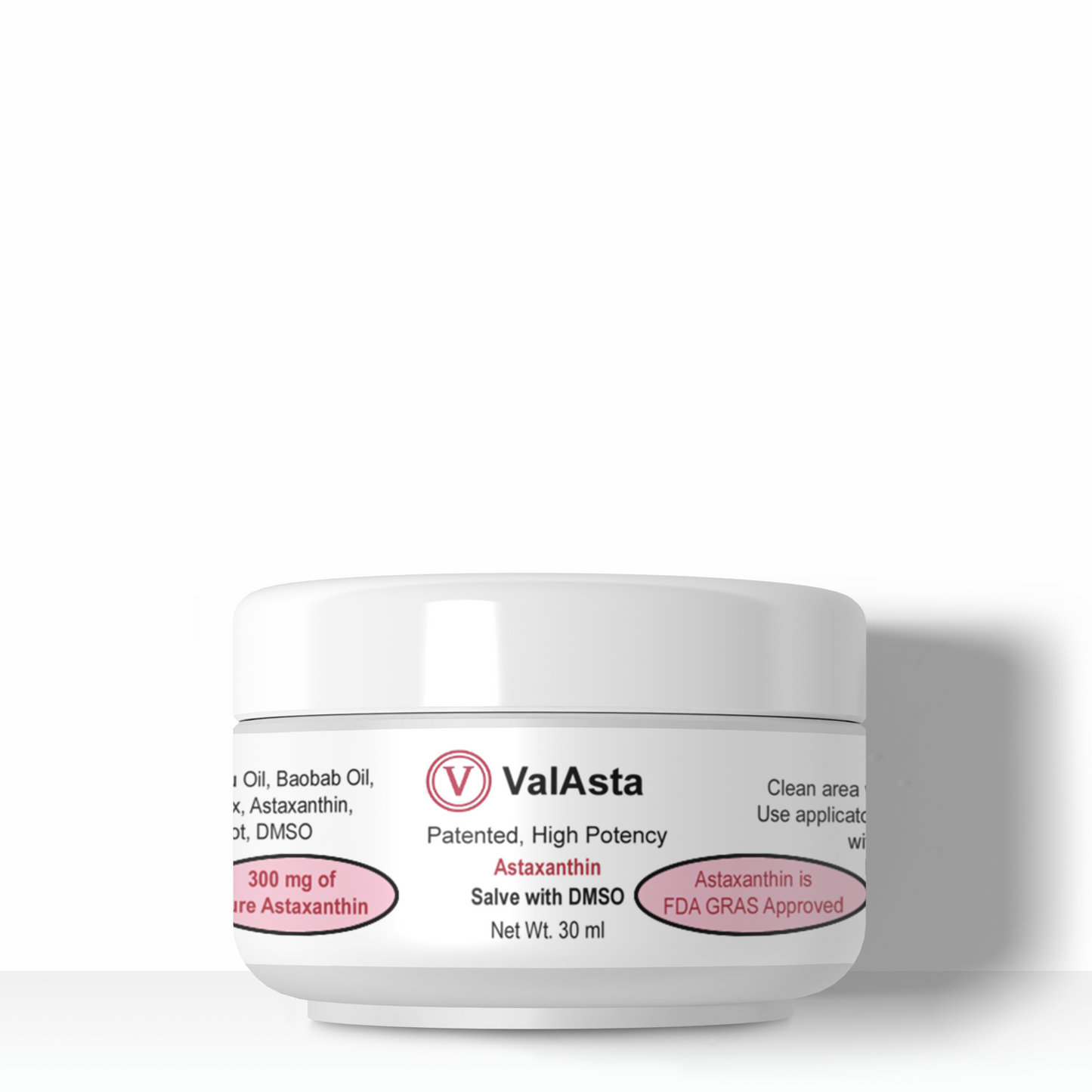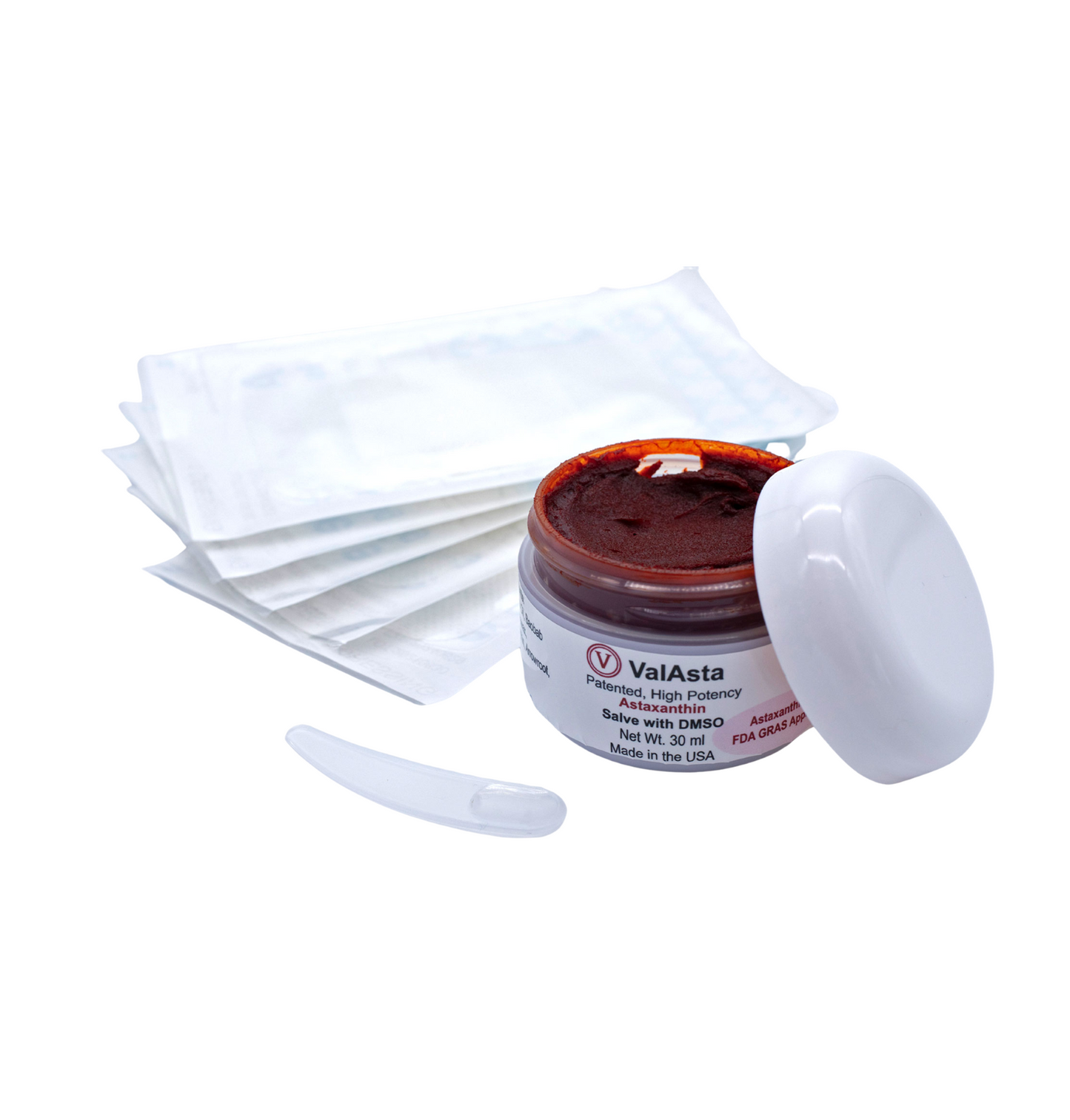
CIHL (Cisplatin Induced Hearing Loss). Cisplatin, a platinum-based chemotherapy drug, is commonly used for the treatment of many cancers, including bladder, ovarian, and testicular cancers. But Cisplatin and other similar platinum-containing drugs can damage the cochlea, leaving 40%–80% of adults, and at least 50% of children, with significant permanent hearing loss, a condition that can greatly affect quality of life. Researchers determined that the platinum accumulates in a part of the cochlea called the stria vascularis, which is critical to proper hearing function.
It is believed that the increased ROS (Reactive Oxygen Species) production play a crucial role in Cisplatin ototoxicity and suggesting that inhibiting ROS production could be beneficial for protecting the cochlea and reversing hearing loss as noted in this 2019 article.
“The Role of the Reactive Oxygen Species Scavenger Agent, Astaxanthin, in the Protection of Cisplatin-Treated Patients Against Hearing Loss”
In summary the article explains: Astaxanthin possesses ROS scavenging and antioxidant activities, and thus inhibits oxidative stress-induced mitochondrial dysfunction and ROS production in cells caused by various stimuli. We propose that astaxanthin treatment might be a viable approach for the effective mitigation and prevention of CIHL associated with ROS. Astaxanthin may be an excellent candidate for treating CHIL, as it is a safe nutrient with no toxicity when consumed with food, and it has the ability to pass through the BBB because of its lipid solubility. Future studies should investigate the protective properties and underlying mechanisms of astaxanthin, which may contribute to the use of astaxanthin as an otoprotective agent.

